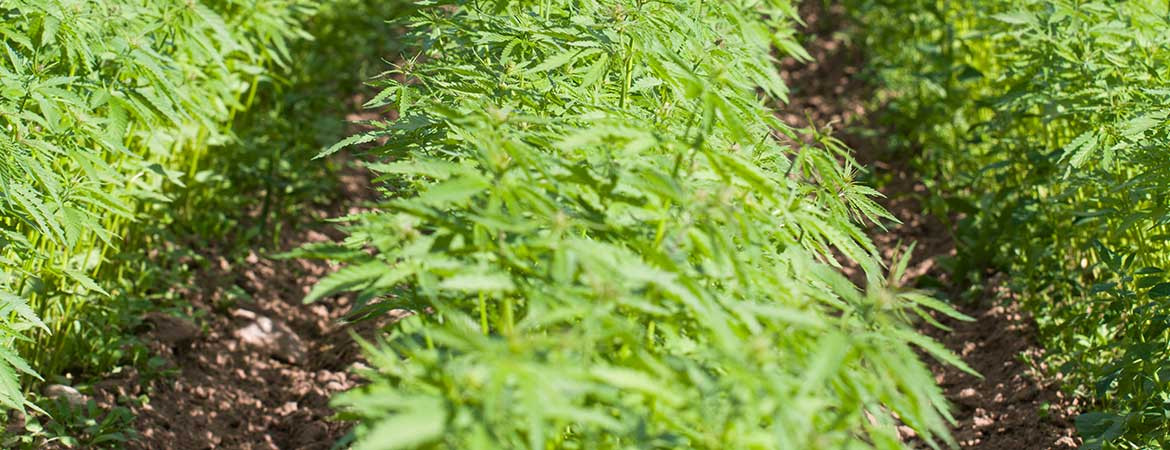- Free Shipping Over $75
- 60-Day Money-Back Guarantee

Top Four Frequently Asked Questions About Hemp Farming
Table Of Contents
Related Products
There has never been a better time to be a hemp farmer, provided you know what you’re doing. Since hemp cultivation has recently been legalized in the United States, farmers understandably have a lot of questions about breaking into this exciting (and lucrative) field. Let’s go over the top four hemp-related FAQs to help you get involved in this budding industry.
Are hemp and marijuana the same thing?
Oftentimes people mistakenly conflate the words “marijuana” and “hemp.” Yes, both of these plants are a part of the cannabis family, but they have very different chemical compositions.
To legally be considered hemp, this plant must have a tetrahydrocannabinol (THC) count of no greater than 0.3 percent. THC is a primary psychoactive cannabinoid found in marijuana that causes users to feel “high.”
Although U.S. hemp cultivation was legalized in 2018, the federal government still considers marijuana a Schedule I drug. This means if tests reveal a hemp farmer’s crop has greater than 0.3 percent THC, it cannot legally be sold.
What are the ideal growing conditions for hemp?
Interestingly, hemp tends to grow best in climates closer to the north or south poles compared with the equator. The best growing season for hemp varies by area, but farmers usually plant their seeds in mid-spring and harvest around November.
Growers say hemp enjoys long, hot summer days and cool nights. The more sunshine you can give your hemp plants, the better. Growers should try their best to give hemp at least 12 hours of sunlight exposure per day for the best growth potential.
As for water, hemp requires an average of 25 inches of rainfall during its growth phase. The most important time for water saturation is between the plant’s vegetative and flowering stages. Some growers say the soil during this phase should be around 80 percent saturated.
Speaking of soil, hemp tends to do best in highly aerated soil with a pH of between 6 and 7. Hemp growers also tend to prefer soil surfaces without too many hills.
Is there a difference between growing hemp for industry vs. CBD?
Since manufacturers traditionally only cared about hemp’s industrial uses, farmers have tended to focus on producing a high quantity of hemp biomass. In recent years, however, there’s been an ever-increasing demand for farmers to produce smaller yields of high-quality hemp for cannabidiol (CBD) extraction.
For those who’ve been living under a rock for the past year, CBD is a non-psychoactive cannabinoid present in high quantities in the hemp plant. Many potential benefits of CBD continue to be discovered as regulations are widening internationally.
Farmers who want to maximize CBD content will have to grow their hemp in a similar fashion to marijuana. This means only using female seeds and closely monitoring the growth of each plant. Industrial hemp farmers, however, can use both male and female seeds and plant hundreds of thousands of plants per acre.
How do I register as a hemp farmer?
Legally speaking, hemp is in the exact opposite position to marijuana in the United States. While hemp is federally legal and faces different restrictions at the state level, marijuana is federally illegal and has a different legal status depending on the state in question.
With this in mind, the first step farmers have to address is whether their state has a hemp cultivation permitting process put in place. If the answer is yes, then they will have to follow registration requirements per their state statutes.
To better understand the complexities of applying for hemp cultivation, be sure to check out specified regulations in your state or refer to the National Conference of State Legislatures.
George Mouratidis is a full-time cannabis writer and journalist. He works with Industrial Hemp Farms and he is the founder of WeedCopywriter.com, a bespoke content marketing agency.


